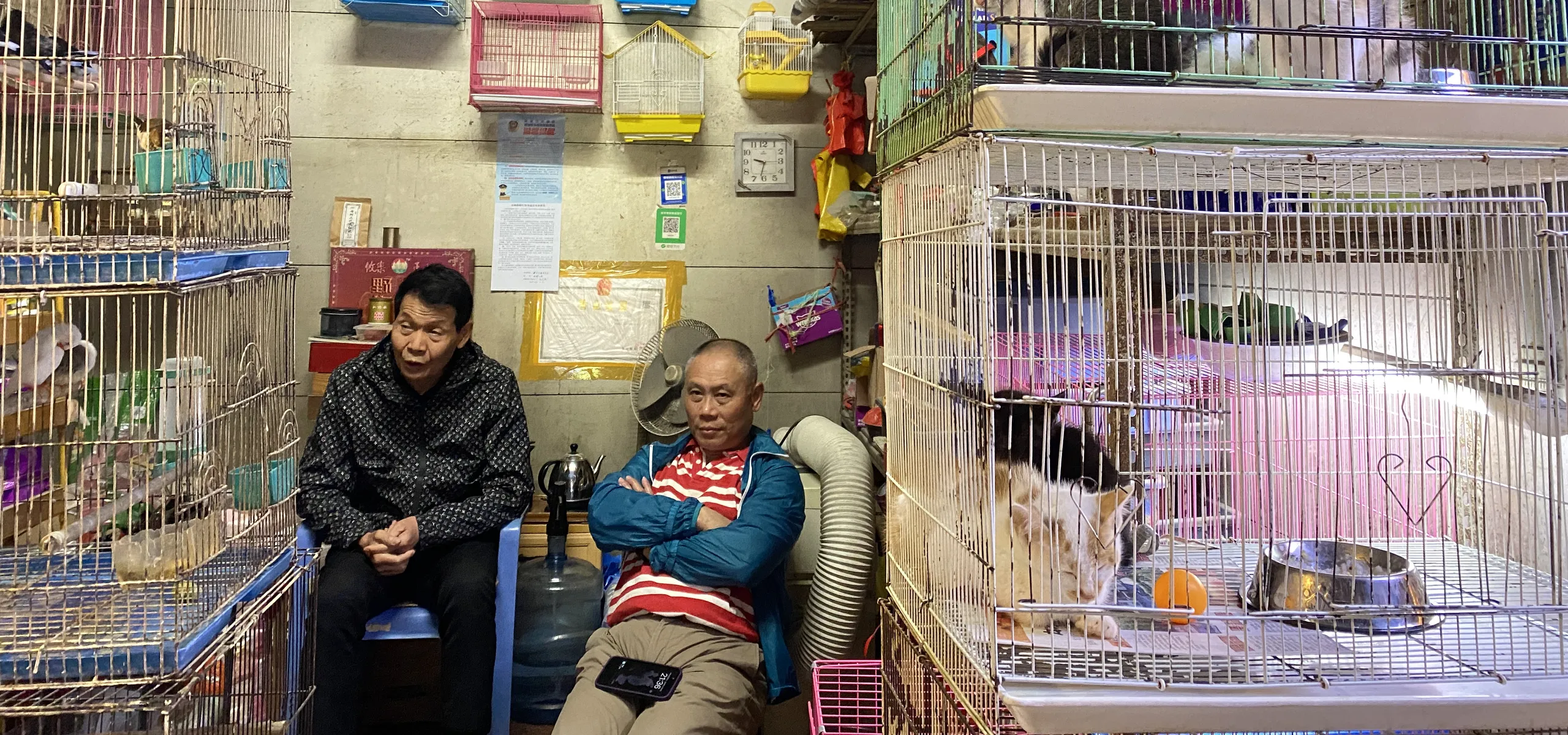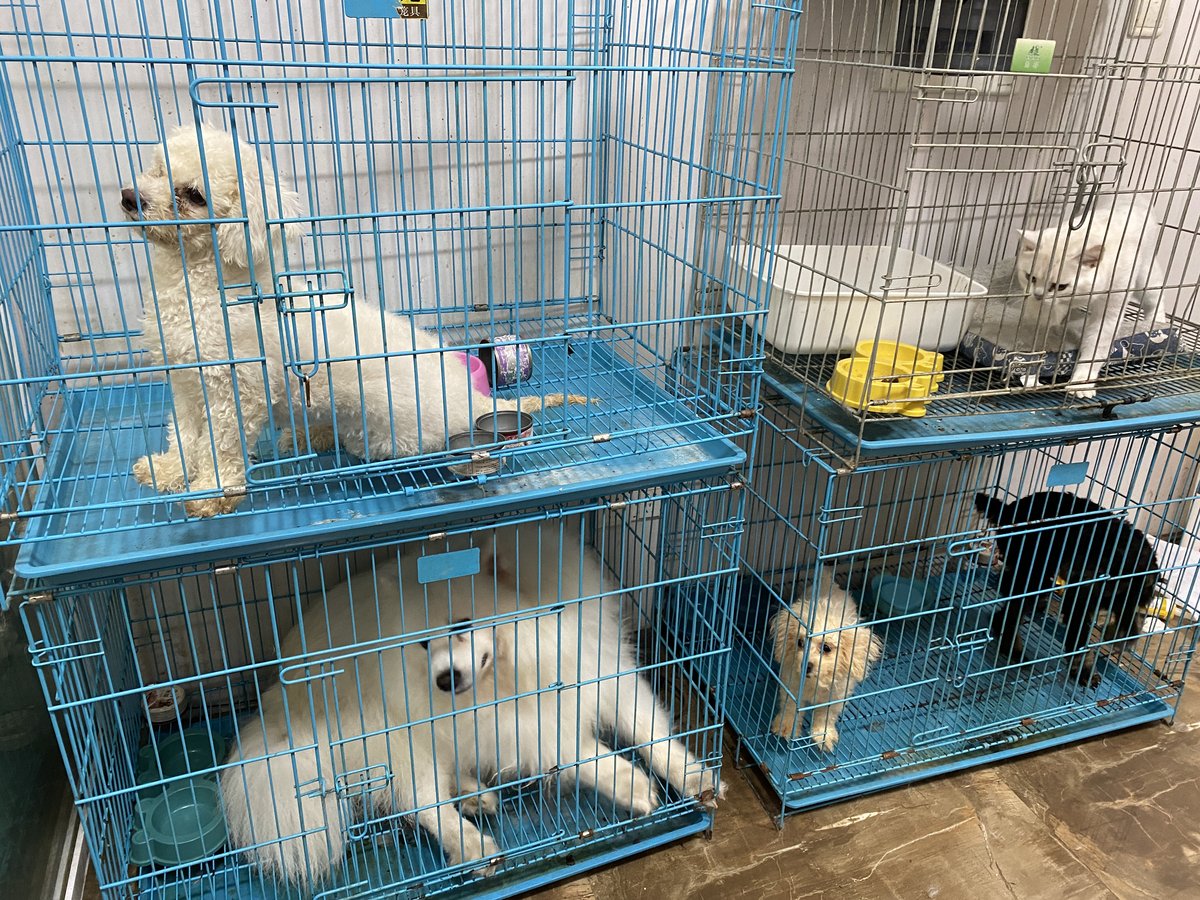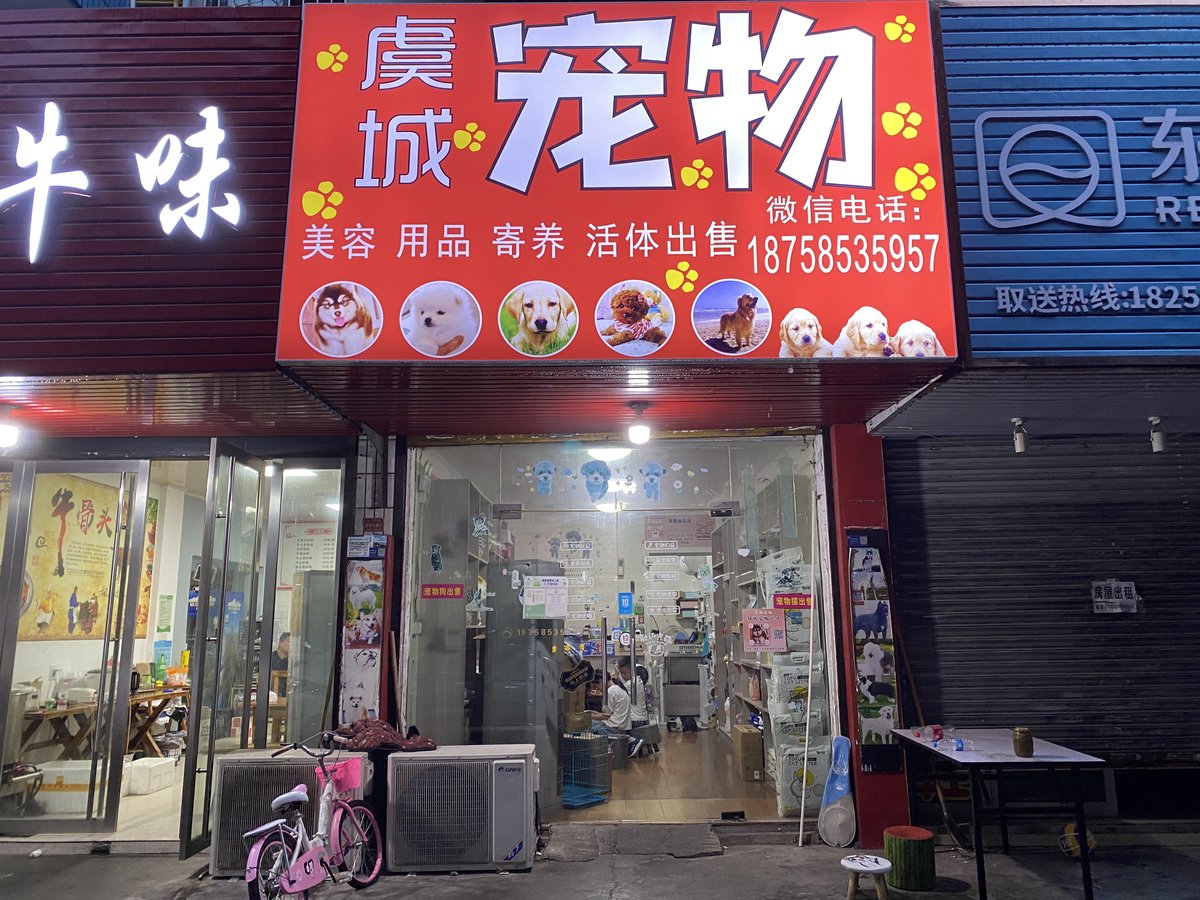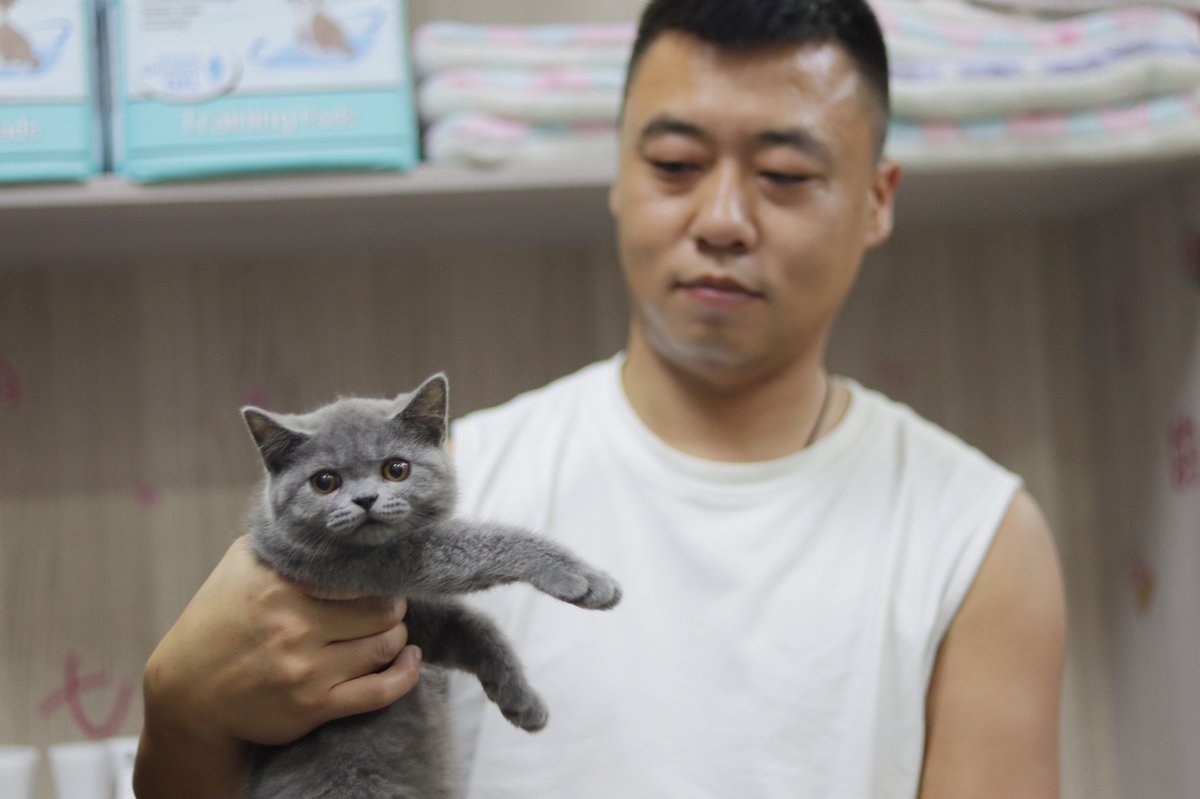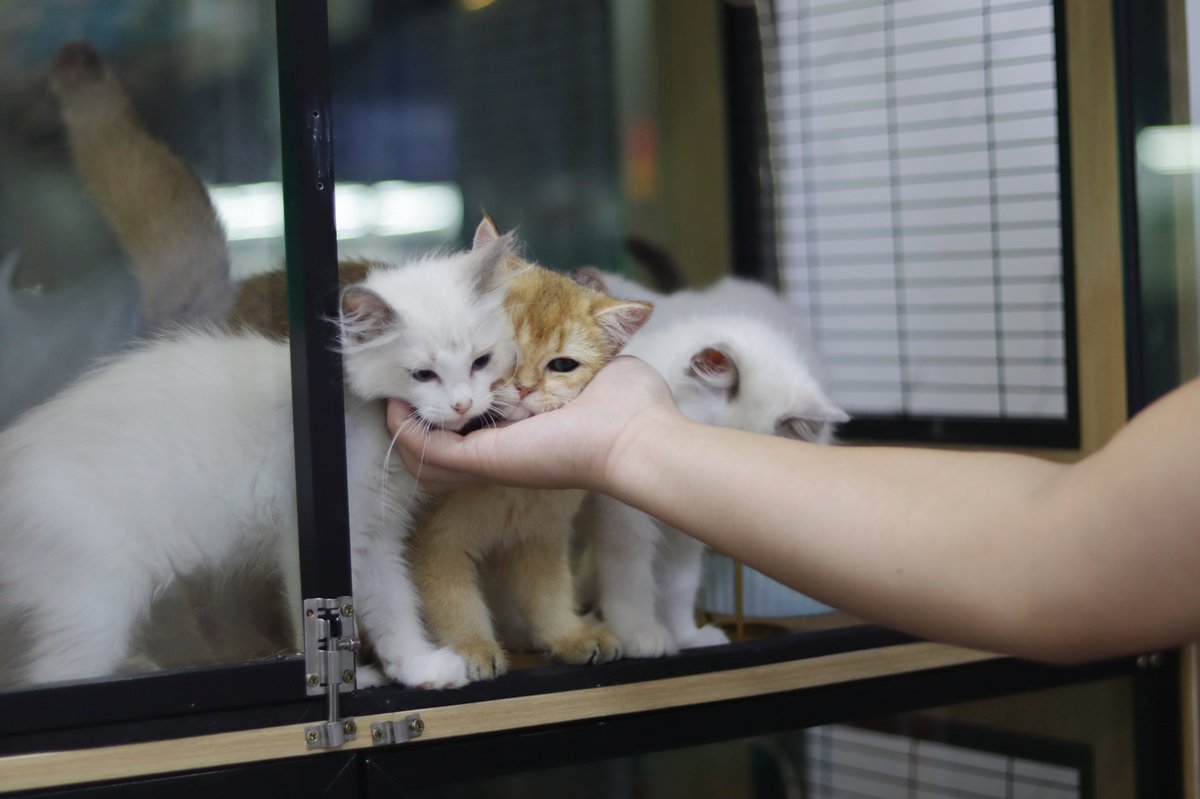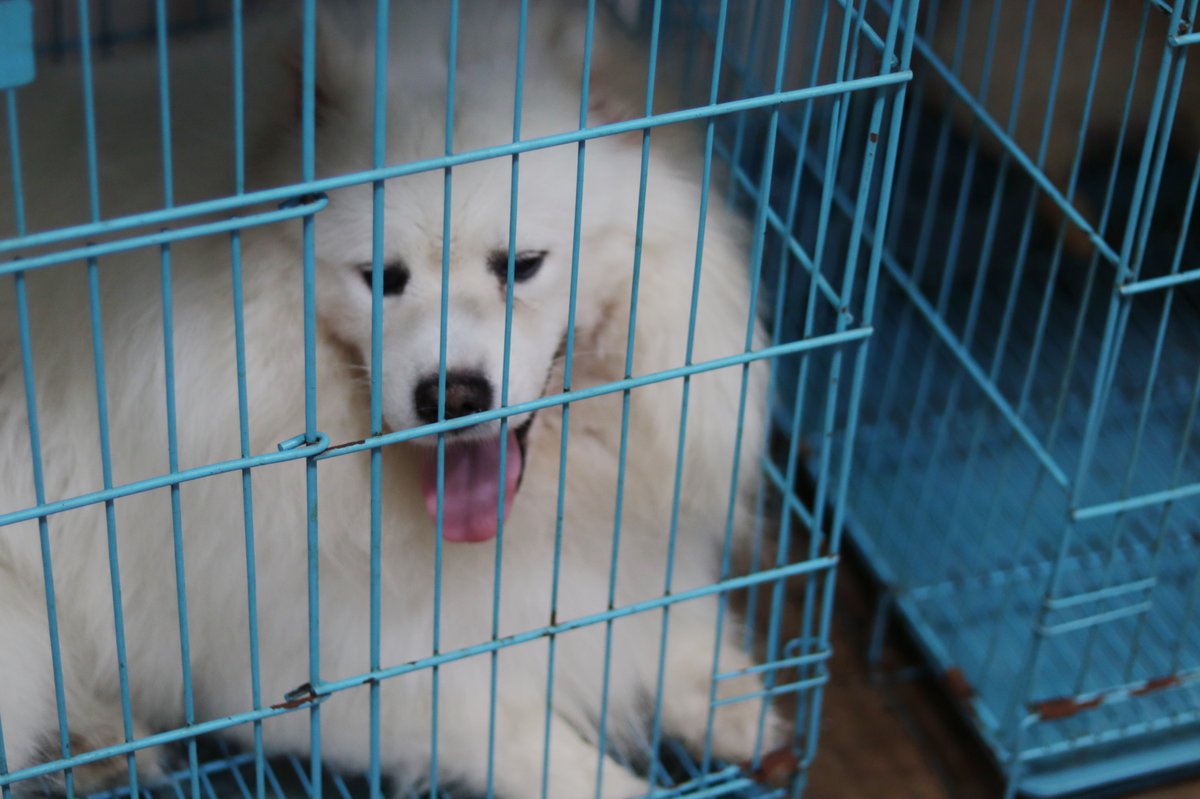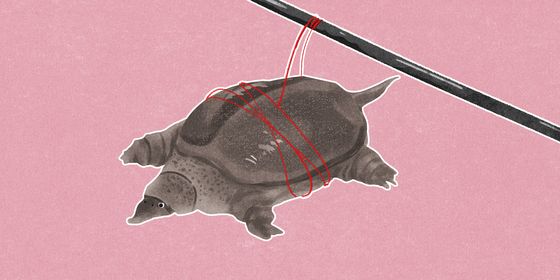Sluggish consumption and a push for animal adoption are weighing on China’s once-hot pet market
Sitting in his partially decorated 260-square-meter duplex in Xuzhou, Jiangsu province, 39-year-old Mao Qing is packing up the last batch of cat supplies ready to be shipped to their new owners. After five years and 100,000 yuan invested in breeding kittens, Mao officially left the pet industry this March.
With his profit margins increasingly thin this year, he has even had to temporarily halt his home improvement plans to save cash.
Before 2023, Mao and others in China’s pet market enjoyed booming business, as the country’s urban middle class grew and the Covid-19 pandemic sent pet ownership levels soaring.
In 2021, a purebred Ragdoll cat with sought-after olive-shaped blue eyes could sell for as much as 30,000 yuan. Mao and many others became breeders or pet store owners, hoping to get their share of the highly profitable industry. But the boom didn’t last long. This year, the market has slumped—the price for purebred cats halved, slashing profits in a saturated market.
Now with businesses exiting the industry and owners cutting back on spending, China’s pet market is struggling to adapt. Dubious cost-cutting measures and dodgy breeders have become common, while pet owners are seeking innovative ways to save money, including by adopting instead of buying animal companions.
Cute craze cut short
Just a few months ago, Mao had plans to renovate the duplex he purchased last year into a cat breeding facility. He had decided to utilize the property’s 80-square-meter garden by recording videos of his prized Ragdoll cats playing there to attract more buyers.
A growing number of Chinese people have been opting for pets as companions in recent years. Especially during the pandemic, with many stuck at home with little entertainment, demand for pets rose sharply. The number of cat owners in China surged by 11.8 million over three years of pandemic restrictions, reaching 36 million in 2022, according to statistics from the 2022 China Pet Consumption Report by Pethadoop, a pet-industry-focused big data platform. Another report from JD.com, one of China’s largest e-commerce platforms, indicates that the number of pet-owning households in China is expected to exceed 100 million in 2023.
The booming market attracted a massive influx of investment into the industry. In Xuzhou, the largest pet breeding base in China, there are hundreds of breeding facilities, pet clinics, and stores selling toys and nutrition products. Mao began his cat breeding career here by purchasing a dozen Ragdoll cats in 2018.
“Initially, I just wanted to dip my toes in. I only invested a few tens of thousands of yuan while still keeping my day job in sales,” Mao tells TWOC. However, his quick success in recouping the initial investment convinced him to take on breeding full-time.
Business was good at first, with most of his cats selling for between 10,000 and 30,000 yuan, depending on their appearance. But just after Mao purchased his apartment in 2022 “the price of Ragdoll cats plummeted,” Mao recalls. The prices have since fallen further to just one-tenth of their peak.
Pet-buying trends are partly to blame for the price drop. With little regulation and supervision of the pet industry, breeding facilities around the country have expanded on large scales while new breeds keep being introduced to the market. Enthusiastic crowds chase trendy breeds just like they wait for the latest iPhone release.
Once a breed, like Ragdolls and Corgis, becomes popular, breeders rush to cash in on the opportunity. However, as most trends are short-lived, the oversupply of “outdated” breeds quickly leads to a significant drop in prices. In the past few years, the prices of multiple cat breeds have fallen by half. For example, the price of an average-quality British Shorthair cat decreased from between 3,000 and 5,000 yuan in 2019 to 1,500 yuan in 2023.
Low animal spirits
Despite prices coming down, owning a pet remains expensive in China. In 2019, the average monthly income in China was around 2,500 yuan, while the average price of a cat or dog was about 5,000 yuan. Pet owners also face additional expenses for vaccinations, food, and toys, as well as veterinary bills.
The sluggish recovery of China’s economy post-pandemic has also weighed on consumption spending, with even those who already own pets now cutting back on luxury services like pet grooming. “The pet spa machine in my store cost over 10,000 yuan. Now it serves as little more than a dust collector,” Ni Xiangyang, a 33-year-old pet store owner in Shaoxing, Zhejiang province, tells TWOC.
Spa treatments and bubble baths were once among the most popular services at Ni’s store. He nostalgically recalls the days when he would sell pet spa treatments for 400 yuan. Now, demand for even basic pet bathing and summer shearing services is down.
“Many pet stores around me have closed down, leaving mine as the sole survivor on this street,” says Ni, who has been running his store for 10 years. About five years ago, Ni claims customers would drive from kilometers away to his store to buy their dream pet.
“Regardless of the price tag, people were once willing to pay without a second thought if we could provide them with their desired pet,” Ni says. Today, however, most customers just come to browse and leave without making a purchase after discovering the price.
To stay profitable, some pet store owners and breeders have begun cutting corners. Ni tells TWOC that some desperate breeders lower costs by neglecting to vaccinate their kittens and feeding them restaurant waste as food. There have also been reports of stores on e-commerce platforms sending pets that are different from the ones the customers chose based on photos and videos online. “I know someone in my network who ends up in administrative detention once or twice a month as he frequently sells pets with deceptive photos,” Ni says.
Due to the absence of comprehensive animal protection laws in China, so-called “backyard breeders,” who raise pets in overcrowded and unsanitary conditions where animals often lack basic care, have proliferated. Numerous buyers have unwittingly acquired pets afflicted with diseases from such breeders.
“People nowadays seek to economize by purchasing inexpensive pets, but all too often, it results in them spending even more on medical costs,” Huang Xinyu, the owner of an upmarket cat breeding facility in Shaoxing tells TWOC. Huang claims he often hears back from customers who left his store empty-handed because they thought his cats were overpriced, but who then bought cheap cats online and ended up with hefty veterinary bills that cost more than the pet itself.
Ni believes that this chaotic market situation is caused by people’s insatiable appetite for bargains. “There’s no free lunch in the world, but people still believe that they got lucky rather than scammed when purchasing ‘high quality’ pets at low prices.”
Saving cats and dogs
More animal lovers in China are now advocating adoption as a cheaper and more ethical way to own a pet.
As the popularity of pet keeping has boomed, the number of abandoned animals has also surged. Some people purchase a pet on a whim, but later discover that they cannot afford the costs of raising them, nor do they have the time and energy to care for them. Many of these pets end up abandoned. According to a 2021 report on the pet industry by Pethadoop, there are more than 53 million stray cats and 40 million stray dogs in China.
Charitable animal protection organizations and animal shelters have popped up to capture and find new homes for abandoned pets. One organization, The Cat Academy, posts videos online of them catching stray cats in residential communities. They now have over five million followers on Douyin, China’s version of TikTok. The team then put these cats up for adoption free of charge and provide regular updates on their well-being.
Ironically, the process for adoption can be more strict than simply buying a pet from a store. Shelters often insist that adopters prove they can provide good and stable living conditions for the pet. Some organizations even conduct periodic follow-up visits to the homes of the adopters to check on the pet’s well-being.
Wang Juan, a 35-year-old owner of two formerly stray dogs (Gaogao and Oreo), believes that the high cost associated with buying pets is avoidable. Wang adopted Oreo during the pandemic at the same time as she began controlling her consumption spending.
She avoids buying expensive clothes and other non-essential supplies for her dogs. Online, Wang posts tutorials for fellow pet owners on how to find cheap pet products. On her page on the social media platform Xiaohongshu, she posts tips for purchasing cheap pet deworming medicine and links for pet shampoos which have almost the same quality as big brands but at half their price. “My principle is to ensure [my dogs’] health and nutrition,” Wang tells TWOC.
While demand for high-end cats and dogs is waning, for now, adopters like Wang are still seeking furry companionship—just for a lower price. Wang hopes cutting her spending on pet products may actually allow her to have more pets in the future: “If I don’t buy expensive pet clothes, I can save more stray animals.”





